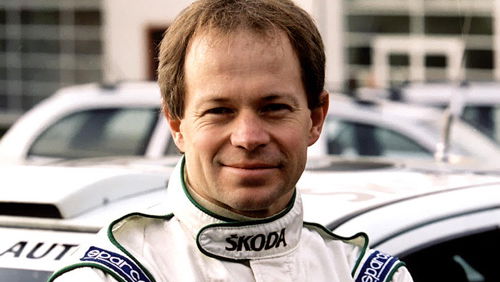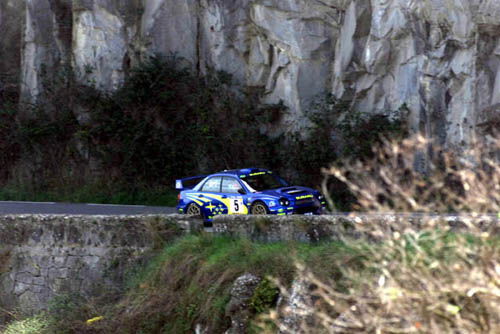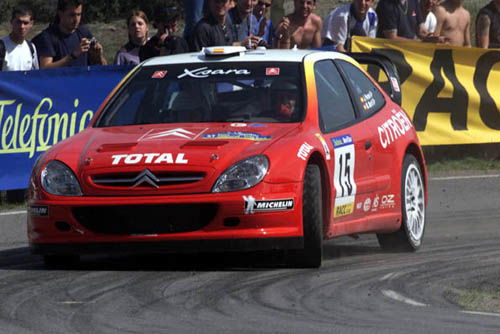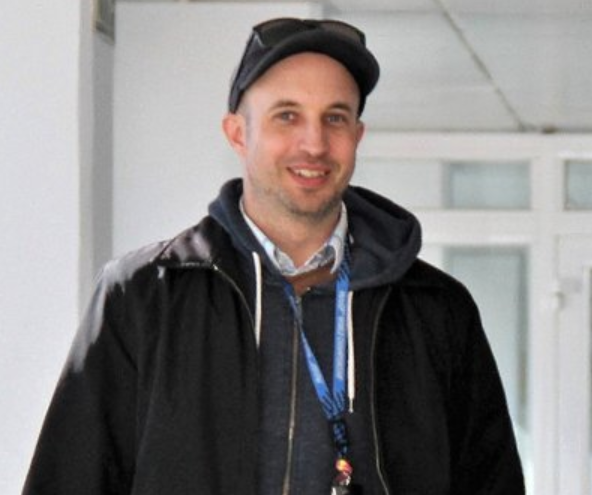Thiry's hopes boosted by Safari test.
Skoda Motorsport has just completed an exhaustive five-day test in Kenya in preparation for July's Safari Rally. The annual East African marathon remains the fastest, toughest and most challenging event on the FIA World Rally Championship - forcing all the top teams to make special preparations for the high speeds and rough roads encountered.
Key mechanical areas are subject to considerable strengthening and these need to undergo rigorous examination before the event starts.

Skoda Motorsport has just completed an exhaustive five-day test in Kenya in preparation for July's Safari Rally. The annual East African marathon remains the fastest, toughest and most challenging event on the FIA World Rally Championship - forcing all the top teams to make special preparations for the high speeds and rough roads encountered.
Key mechanical areas are subject to considerable strengthening and these need to undergo rigorous examination before the event starts.
Despite a motor sport history dating back to 1901, Skoda Motorsport made its first appearance on the Safari Rally last year. Living up to its reputation for reliability, the team made an immediate impression; both Octavia WRC's were not only classified among the 14 finishers from 51 starters but also among the top six points scorers in the chase for points in Manufacturers' Championship.
Benefiting from the lessons learned during last year's debut, Skoda Motorsport is now gearing up for an even better performance in 2001. The latest evolution of the Octavia WRC already provides more suspension than the original version that contested the 2000 Safari and this, plus other recent developments, were the subject of the test in Kenya.
"The changes have really improved the performance of the car," reported Bruno Thiry. "Last year the team had to adopt a cautious approach but we want to be far more aggressive this time around and so I pushed as hard as I dared throughout the test. Indeed, it was our prime objective to see just how hard we could push and, I've got to say, the car was just brilliant.
"We discovered one small problem with the uprights but we can strengthen those before the event; otherwise the Octavia was totally reliable. I clocked up more than 350km without encountering any problems. In fact, the car is now so strong and so fast in the rough stuff that it's impossible to find its limits. Without wanting to sound too optimistic, I was incredibly impressed. The car is clearly much stronger than my body as I missed a couple of big holes and jarred my neck."
Although Thiry's injuries were not severe enough for him to stop testing, he visited his osteopath on returning to Europe on Tuesday morning. "It will be okay after a little treatment," he confirmed.
Thiry was also full of praise for the latest specification of Michelin tyres he was testing in Africa. With many of the timed sections totalling more than 100km, punctures often play a major part In the final outcome of the event. Cars do carry two spares but vital minutes are lost when drivers are forced to stop and change wheels and crews suffering more than two blowouts can be forced out of the event.
"Michelin has done an unbelievably good job," confirmed the 38-year-old Belgian. "We were testing on some incredibly rutted tracks and we didn't experience a single puncture. The new stronger Speedline wheels that we were trying were first class too."
Despite the success of Thiry's test, his Skoda Motorsport team-mate Armin Schwarz will return to Africa in late June to conduct a further pre-Safari shakedown. The long-distance Kenyan classic is scheduled for 20-23 July.
In the meantime Skoda Motorsport faces three further rounds of the World Rally Championship in Argentina, Cyprus and Greece.


